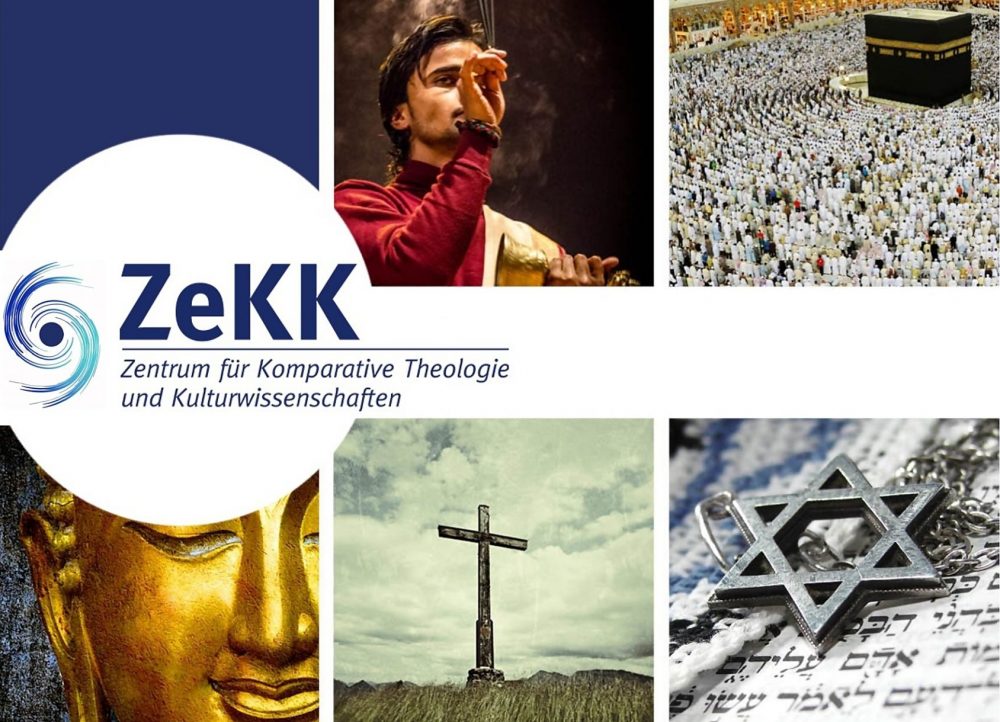Religious principles and beliefs could have a significant impact on both our personal and professional life, affecting the choices we make, how we relate to others, and how we approach our work. While for some people religion serves as a moral compass to help them make decisions, for others it serves as a source of support, inspiration, and motivation.
Religious ethics could be beneficial in work, but they could also cause problems and conflicts. For instance, a worker’s religious convictions might conflict with corporate rules or procedures, or they might unintentionally offend or alienate coworkers who have different values.
It is crucial for people to reflect on their personal values and how they relate to their religious beliefs in order to negotiate these issues. They should also think about how they may respectfully and inclusively incorporate these values into their job.
This could involve being conscious of how others may interpret one’s behavior and words, as well as making an effort to interact and work along with coworkers from various backgrounds and viewpoints. It can also entail looking for ways to apply one’s principles and religious convictions to positively influence the workplace and society at large, such as through volunteerism, altruistic endeavors, or ethical business practices.
In the workplace, it’s crucial to respect and acknowledge the diversity of ideas and values. It’s also necessary to avoid forcing one’s religious beliefs on others or using them as a justification for exclusion or discrimination.
Ultimately, religious morals could be a powerful force for good in the workplace, but they require a thoughtful and conscientious approach that is respectful of the beliefs and values of others. By reflecting on one’s personal values and striving to integrate them into the workplace in a positive and inclusive way, individuals can help create a more harmonious and ethical workplace culture that benefits everyone.

Nadia Saad ist Wissenschaftliche Mitarbeiterin am Paderborner Institut für Islamische Theologie.
#Ethics #Religion #Workplaces
